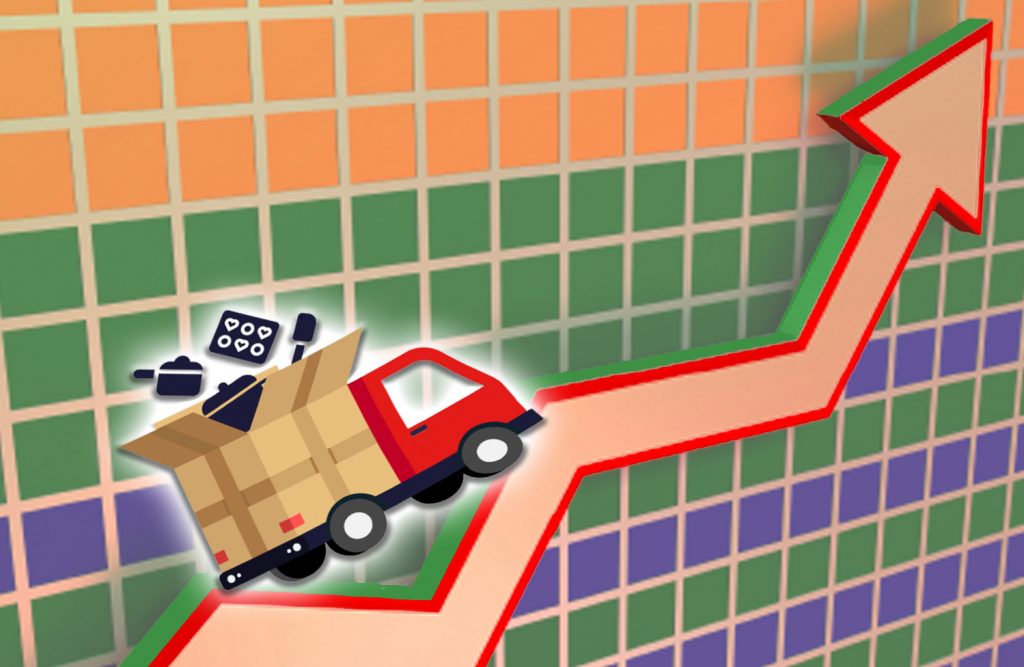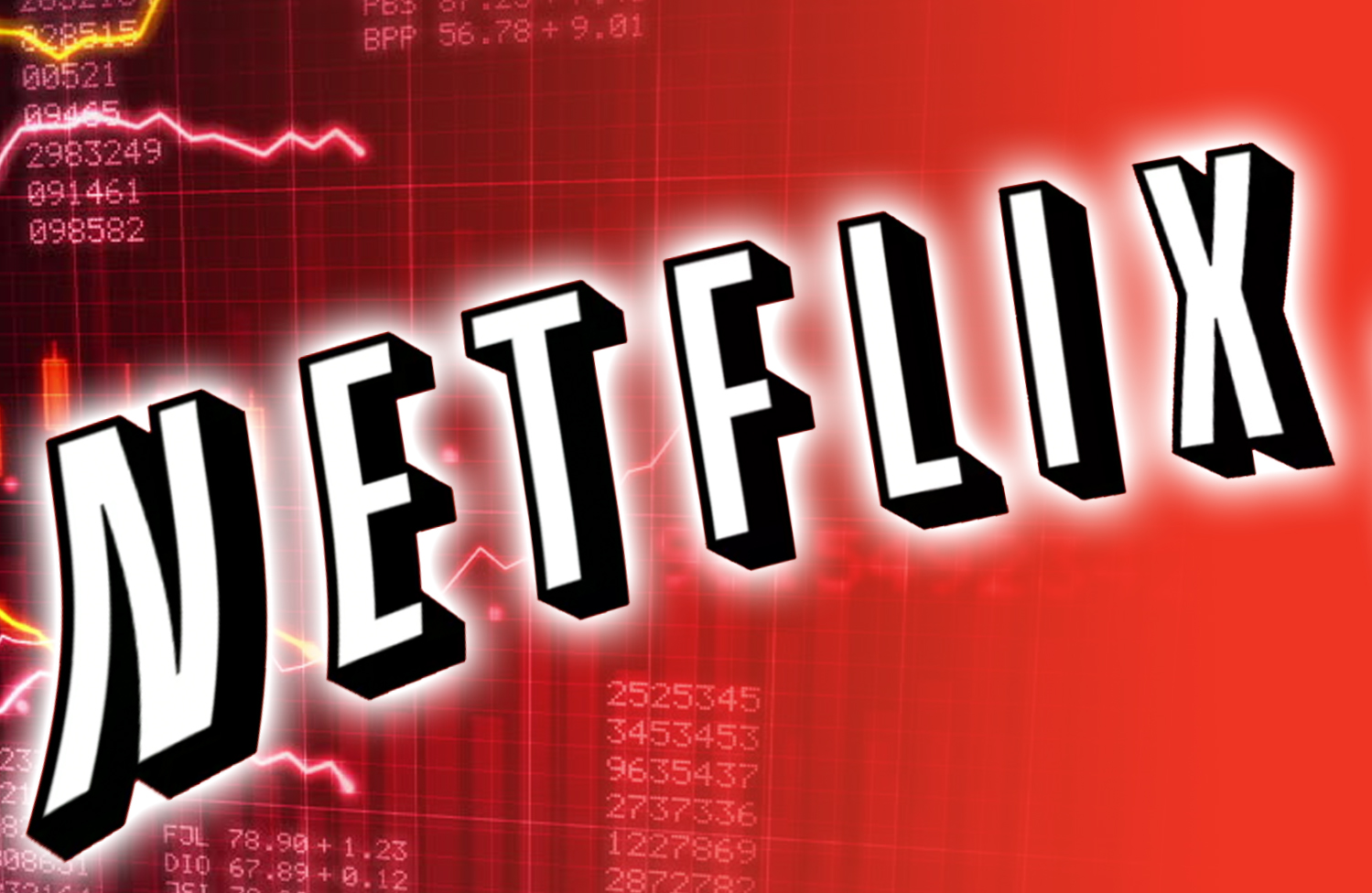Over the past few years, food delivery stocks have gotten more attention due to technology innovation. A few dominant companies have emerged within a short span of time. The companies are richly valued and the idea of getting food delivered to your doorstep with a few taps on the phone is definitely an idea that appeals to venture capitalists and investors. In 2019 alone, total sales from restaurants generated through food delivery apps are pegged to hit $863 billion and that is, without a doubt a staggering number.
However, when it comes to actually invest in the delivery industry, there is a range of factors that need to be taken into consideration. It may be growing at a fast clip but there are several risks that need to be considered and in addition to that, no single company has yet emerged as a confirmed winner.
Publicly Traded Food Delivery Companies
Some of the bigger publicly traded food delivery companies are GrubHub (GRUB) and UberEats. On the other hand, PostMates has filed its initial public offering already and should start trading at some point this year. GrubHub had its IPO back in 2014 when it was listed at $26 a share and now the shares are priced at $63 each.
However, it has been a tough ride for the company over the past months, as more competition and rising costs had its effect on the financials. In its last reported quarter, sales rose by 39% year on year to hit $324 million, but at the same time, its margins shrunk further to only 2.7%.
On the other hand, UberEats is not separately listed. If an investor wants to buy into the business, then they would need to buy UBER stock at its current stock price. Although UberEats has managed to become the biggest revenue generator for the company, the company’s core business remains ride sharing and hence for an investor, it is a tough decision to invest in Uber. The losses from the ride-hailing business can completely wipe out the positives from the food delivery business and hence it is a risky decision.
Emerging But Competitive Market
ParcelPal (PTNYF) (PKG) is anothing company breaking into the global, on-demand industry and at a rapid pace. The opportunity that ParcelPal (PTNYF) (PKG) may be presenting now draws comparisons to the way early investors had an opportunity with companies like Uber and GrubHub (GRUB) before they went mainstream in the US.
The difference withParcelPal (PTNYF) (PKG) is that it is going directly after the international markets that have very limited access to technology like this right now. In fact, the major players in the industry are just beginning to get their feet wet with beta testing; they aren’t even full speed yet.
Something that is beginning to set ParcelPal (PTNYF) (PKG) apart from its immediate competition is its diversification strategy. Not only is the company working with the likes of Amazon, but it is also entering into key verticals that are seeing an increase in rapid demand. Right now, ParcelPal has built relationships with businesses in both alcohol and cannabis
|REPORT | Special Delivery! On-Demand Tech Companies Hit Billion-Dollar Valuations; Here’s How Investors Can Capitalize In The Market
According to the data collected by the National Technology Readiness Survey in the U.S., it was estimated that total spending on the on-demand mobile app services would increase from $48 billion n 2016 to $75.7 billion in 2017—an increase amounting to 58%.
The segments of the on-demand startup market that have witnessed maximum growth, consist of housing items from $5 billion in ‘16 to $10.6 billion in ‘17; transportation, which moved from $6.8 billion in ‘16 to $14.2 billion in ‘17; and, lastly, the food delivery category, which shifted to $8.2 billion in 2017 from $3.9 billion in 2016.
With the feverish pitch that the global on-demand industry is set to see, can you afford to miss out on something for which early adopters are already earmarking billions of dollars for massive future growth?






